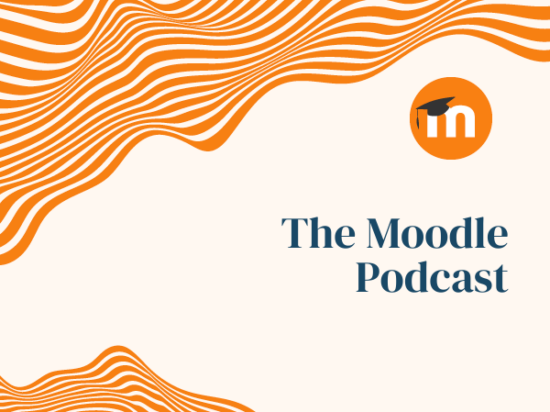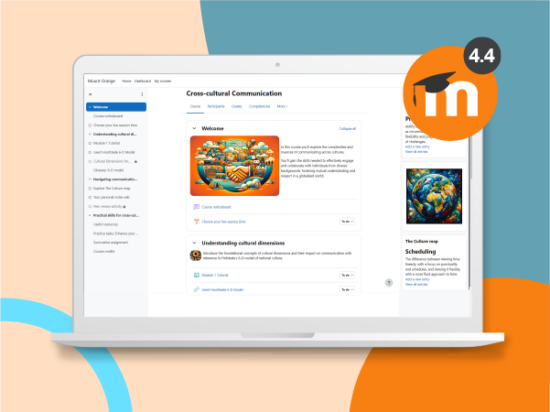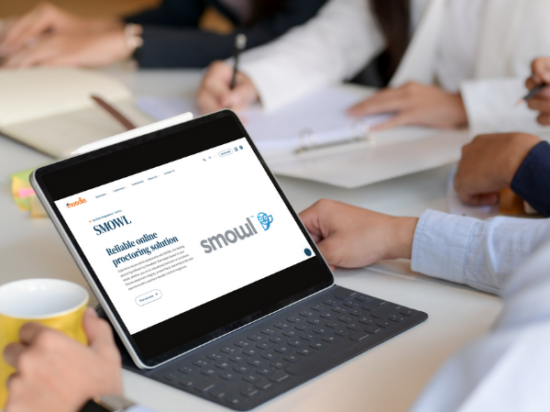Welcome to the first Blog in our series on creating Universal Design for Learning approaches with Moodle LMS.
Universal Design for Learning (UDL) is a way of thinking about teaching and learning that helps give all learners equal opportunity to succeed. At its core, universal design for learning involves using a variety of teaching methods or pedagogical approaches that provide learners with a range of ways to access learning material, engage with it and exhibit the knowledge that they have acquired. UDL also supports the social constructivist theory of learning that knowledge develops as a result of social interaction and is therefore a shared, rather than individual experience.
From humble beginnings in 1999, Moodle LMS, the customisable and open-source platform that drives the Moodle ecosystem, has evolved through a commitment to pedagogy and the inclusive educational opportunities that online learning provides. Used in multiple languages in over 240 countries across the education sector, Moodle LMS is an online learning space that houses a set of resources and activities described as courses. A space where educators from schools (K-12), vocational training and higher education institutions throughout the world create and track learning experiences, and students interact with each other in achieving learning goals. Developed in line with social constructionist principles, the Moodle platform allows educators to cater for learning preferences through creating a variety of accessible text-based and audio-visual interactive resources while learners collaborate in developing and demonstrating their knowledge via chat, forums, wikis and multi-modal formative and summative assessments.
As part of our mission to empower educators to improve our world, Moodle has created a variety of ways for educators to learn how to create intentionally and meaningfully designed online learning environments that embrace social constructionist principles and universal design for learning approaches. These range from Learn Moodle Basics and Moodle Teaching Basics to the Moodle Educator Certification Program, based on the widely-used and accepted European Framework for the Digital Competence for Educators (DigCompEdu).
Stay tuned for forthcoming blogs in this series that will delve deeper into Moodle-related specific topics and features that support Universal Design for Learning (UDL) via the UDL Guidelines. Focusing on Multiple Means of Engagement, Multiple Means of Representation and Multiple Means of Expression, this will include best-practice examples of how to use chats, forums, blogs, wikis, video conferencing, gamification, quizzes and learning paths to name but a few.



